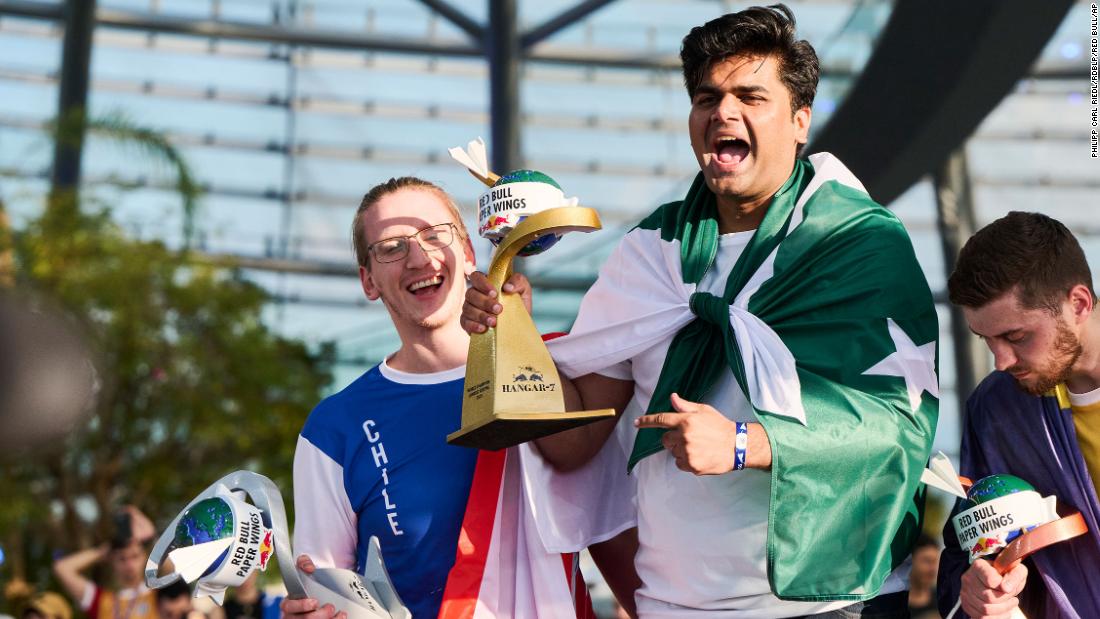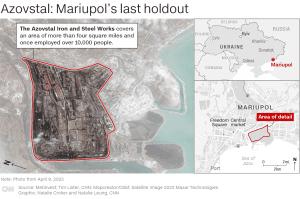
Held in Hangar-7 at Salzburg Airport, the event is the official paper airplane world championships and consists of three categories: longest distance, longest airtime and aerobatics.
The distance and airtime pilots constructed their planes by folding a single, standardized sheet of A4 paper provided by organizers. The rules dictate that there can be no other modifications such as cutting, tearing, gluing or stapling.
For the aerobatics event, however, multiple types of paper planes are permitted with no restrictions on size, paper quality or construction technique.
Lazar Krstić — winner of the distance category — avenged his second-place finish in 2019. Since then, he has been determined to take victory, spending the intervening three years redesigning his plane, refining his throwing technique, and even adding over 20 pounds of muscle to his physique for extra power and strength. Yicheng Sun of Great Britain finished second with a throw of 187.4 feet.
Rana Muhammad Usman Saeed from Pakistan won the airtime event with a flight of 14.86 seconds, nearly two seconds longer than second-placed Esteban Neira of Chile.
The aerobatics category was assessed more subjectively by a judging panel which awarded points based on creativity, overall flight performance and technical proficiency.
South Korea’s Lee Seunghoon was victorious in this discipline thanks to his minute-long routine featuring magician-like choreography and gravity-defying planes that twisted and twirled mid-air.
After his winning performance, Lee proposed to his girlfriend — with a paper airplane, of course.

